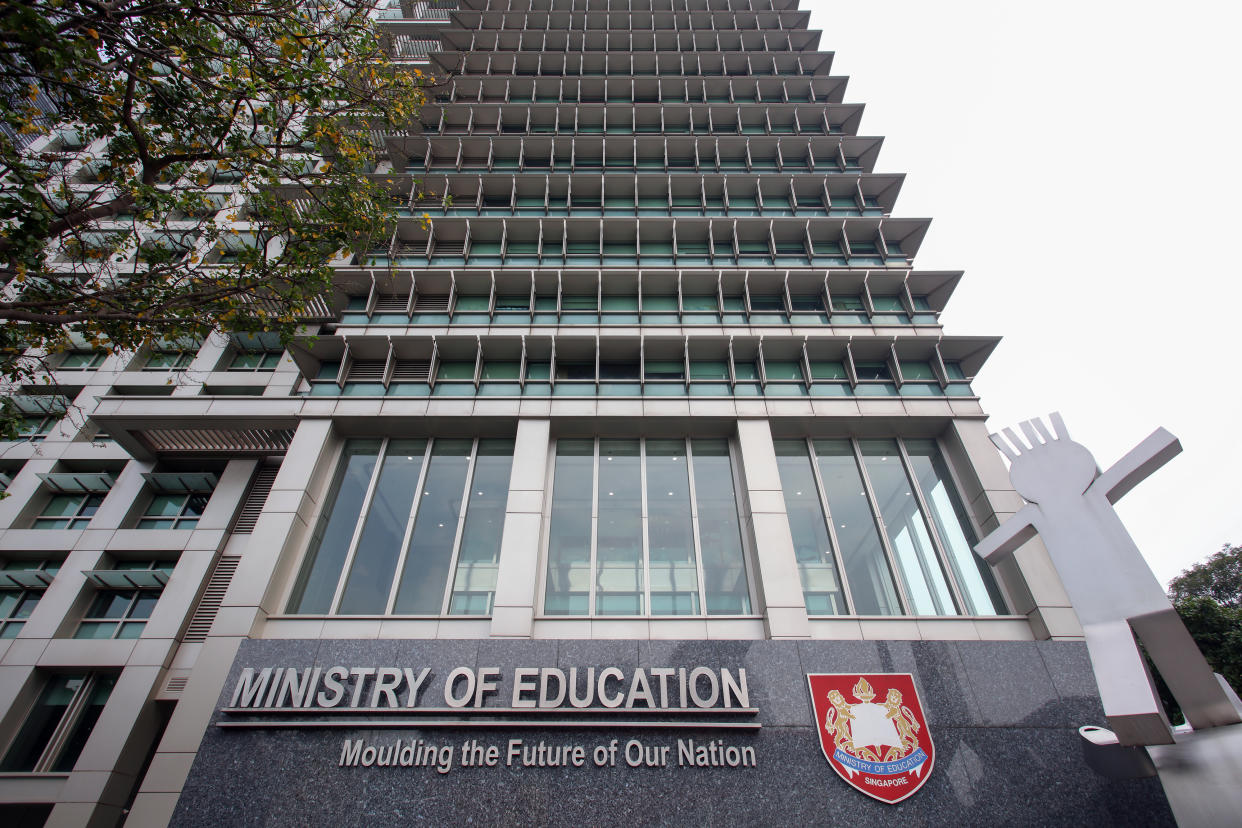MOE announces changes in university admission, scrapping of mid-year exams in JCs
From 2026, 4th content-based subject to be considered only if it improves university candidates' scores

SINGAPORE — Students from junior colleges (JCs) and Millennia Institute (MI) can now take the fourth content-based subject of their interest without worrying about grades.
From 2026, the fourth content-based subject will be counted for university admissions only if it improves a candidate's score, while from 2024, the project work subject will be graded as a "pass or fail" subject and will be excluded from the computation of the university admission score.
Education Minister Chan Chun Sing announced these changes at his ministry's Committee of Supply debate in Parliament on Wednesday (1 March), explaining that the Ministry of Education (MOE) wants students to follow their passions rather than just picking subjects that would boost their grades.
He added that, with the new changes, students can adjust their learning load and direct more time to holistic learning.
"I should emphasise that students will continue to benefit from a broad-based A-Level curriculum, as they still have to offer four content-based subjects, of which at least one would be from outside their specialisation," Chan said in his Parliament speech.
With these changes, the maximum university admission score will be 70, instead of 90.
As part of their application for autonomous universities, students are currently required to submit four content-based subjects (for example, three H2 subjects and one H1 subject), a general paper and project work.
When calculating the university's admission scores, students who offer four H2 content-based subjects have their lowest score treated as an H1 subject.
No mid-year examinations for JC and MI students from 2024
From next year, Chan said mid-year exams would gradually be eliminated for consecutive JC/MI students cohorts.
Rather than preparing for exams, he explained that the time saved can be utilised to engage students deeper and facilitate their learning through various experiences.
"Teachers will continue to use assessments in a formative and calibrated way to monitor learning progress and support each student. The removal of the mid-year examinations will take place in phases for different levels in JCs and MI starting from 2024," he added.
It follows the MOE's decision to remove mid-year exams from primary and secondary schools as part of the effort to focus on academics instead of testing.
Subject-based banding will be fully implemented
By next year, the education ministry will fully implement subject-based banding (SBB) in secondary education, enabling greater individualisation and flexibility for students.
With full SBB, students can choose different subject levels, known as G3, G2 and G1. These are roughly mapped from today's Express, Normal (Academic), and Normal (Technical) standards.
Secondary 1 students in over 100 secondary schools will benefit from the full SBB.
Primary 6 students will be placed in secondary schools in three posting groups - Posting Groups 1, 2, and 3. These correspond to PSLE score ranges at Normal (Technical), Normal (Academic) and Express courses.
Chan said, "This ensures that schools continue to admit students with diverse strengths, and students continue to have access to a wide range of schools."
Unlike streaming, Chan maintained that posting groups will be used only to facilitate admissions and determine students' initial subject levels at the start of Sec 1.
"Beyond that, posting groups will not shape the secondary school experience. Currently, students may choose to take certain subjects at a more demanding level if they are eligible. Under Full SBB, this flexibility has been expanded to more subjects," he said
"With guidance from their schools, some students have also begun to offer elective subjects at a less demanding level. This gives them room to pursue their interests without adding unduly to their overall curriculum load."
Standard certificate for all students during the end of Secondary School education
Additionally, Chan announced that students would begin receiving a common certificate, the Singapore-Cambridge Secondary Education Certificate (SEC).
He said: "Starting from 2027, the SEC will replace the separate Singapore-Cambridge General Certificate of Education O and N Level examinations."
Chan added that students who wish to choose subjects at a more challenging level will still be able to spend a fifth year in secondary school, allowing them to pace their learning and potentially access more post-secondary options.
Do you have a story tip? Email: sgnews.tips@yahooinc.com.
You can also follow us on Facebook, Instagram, TikTok and Twitter. Also check out our Southeast Asia, Food, and Gaming channels on YouTube.



